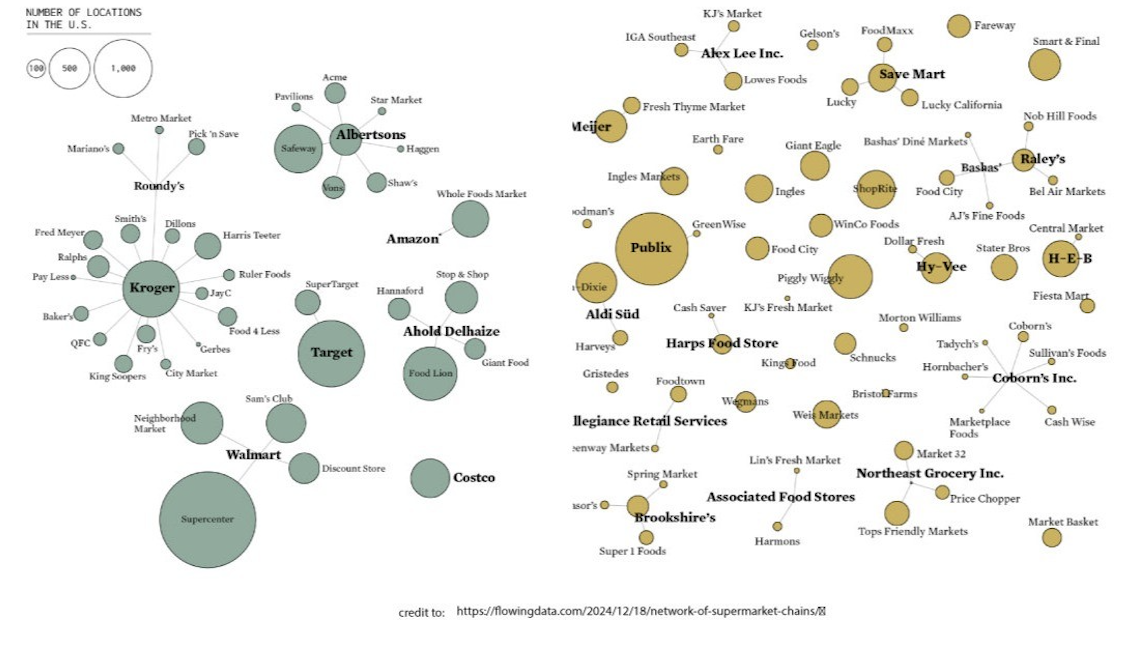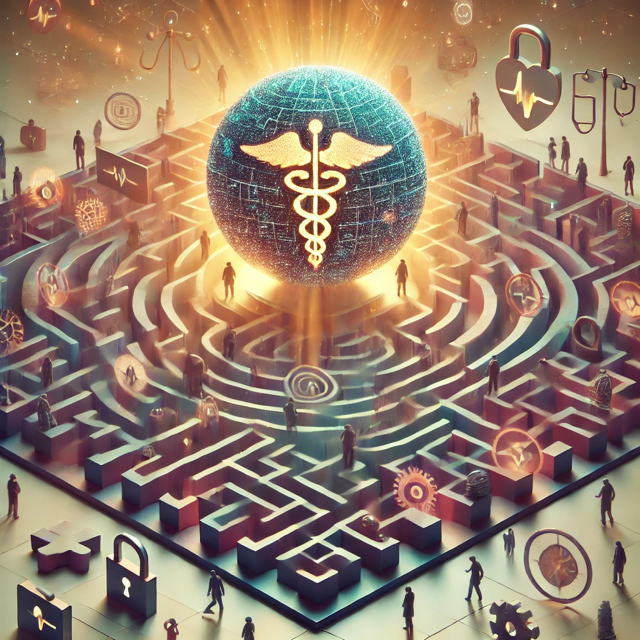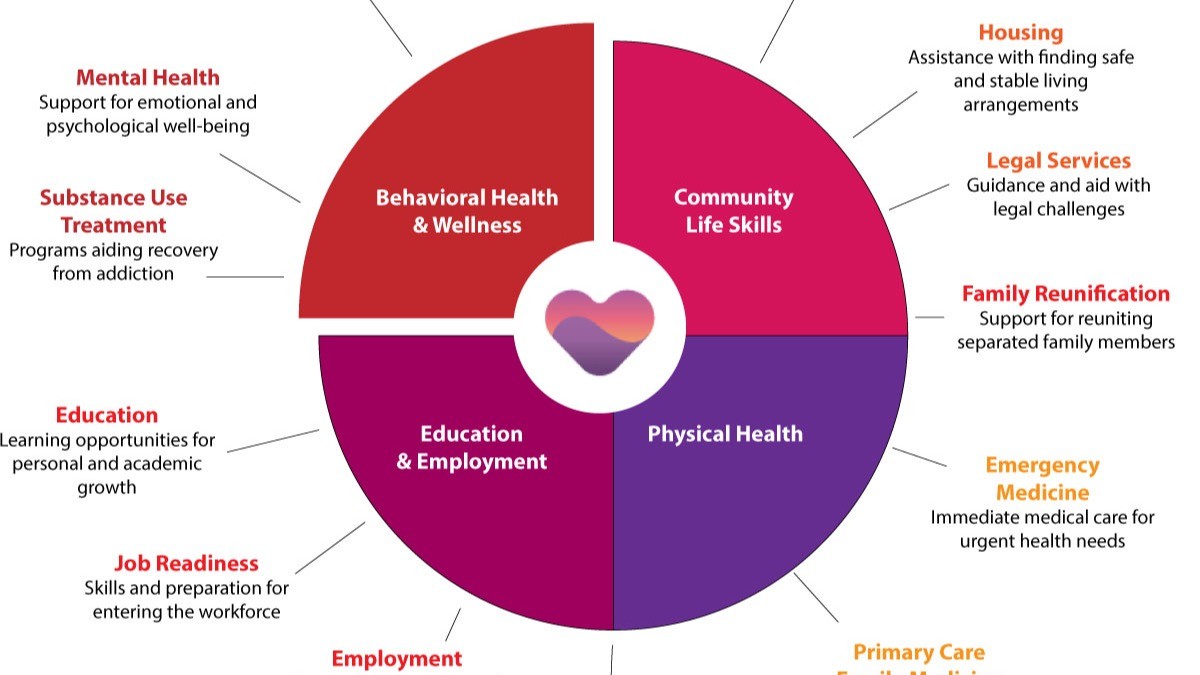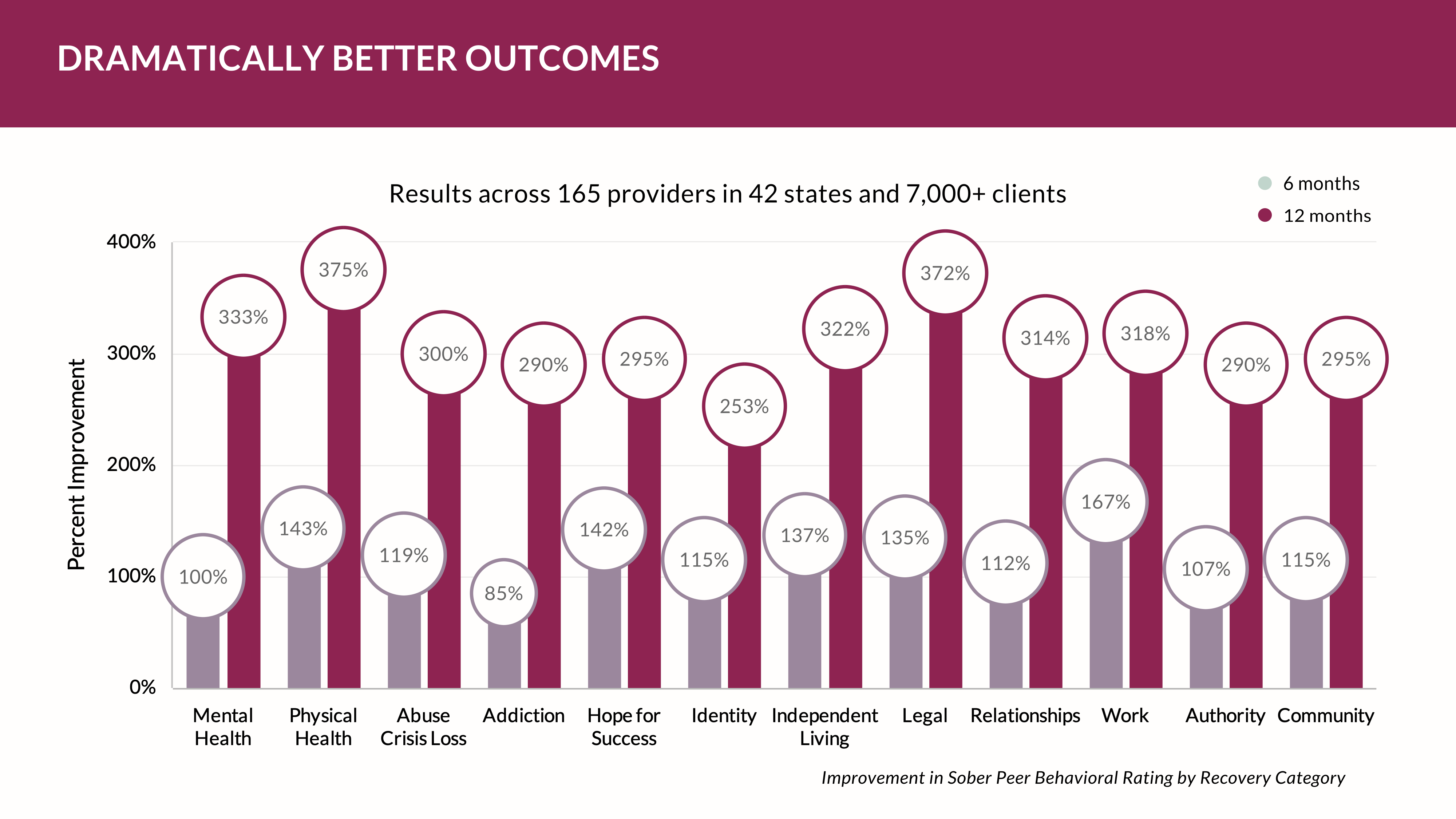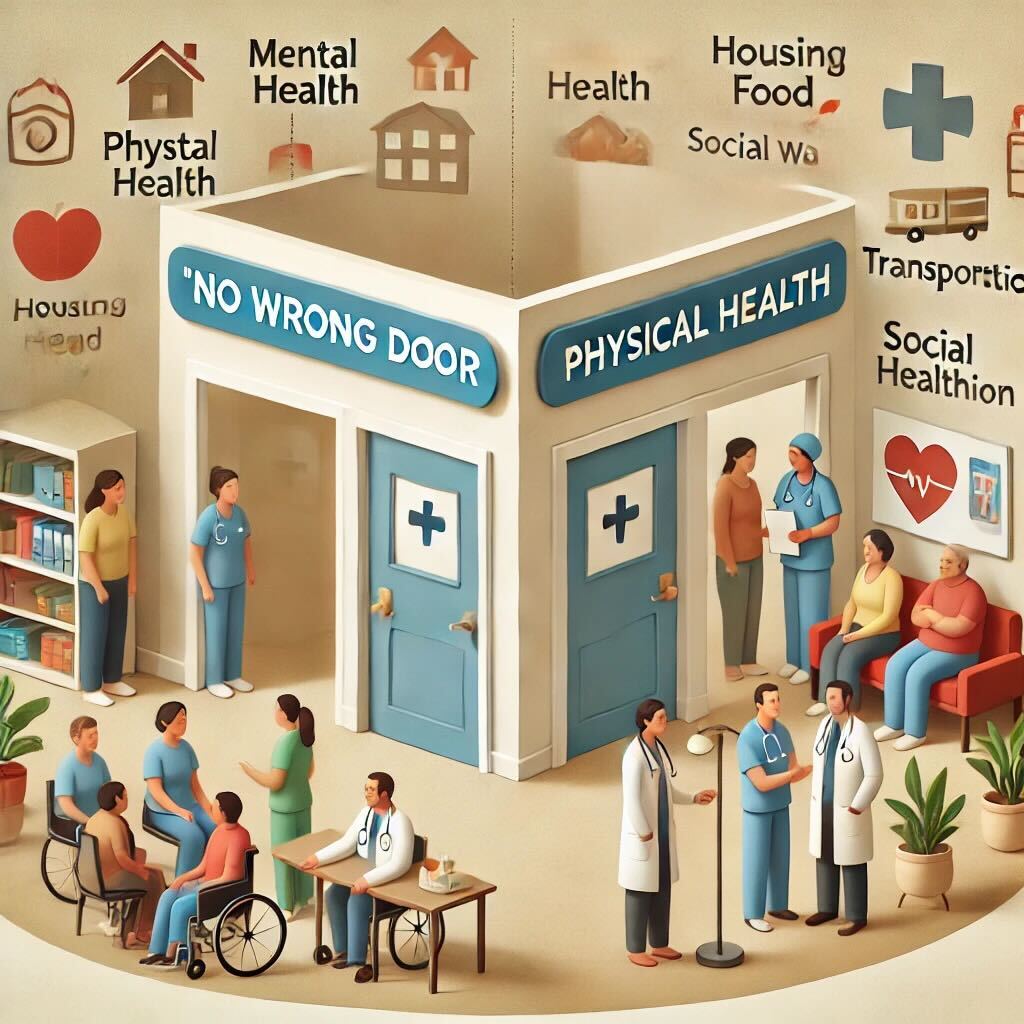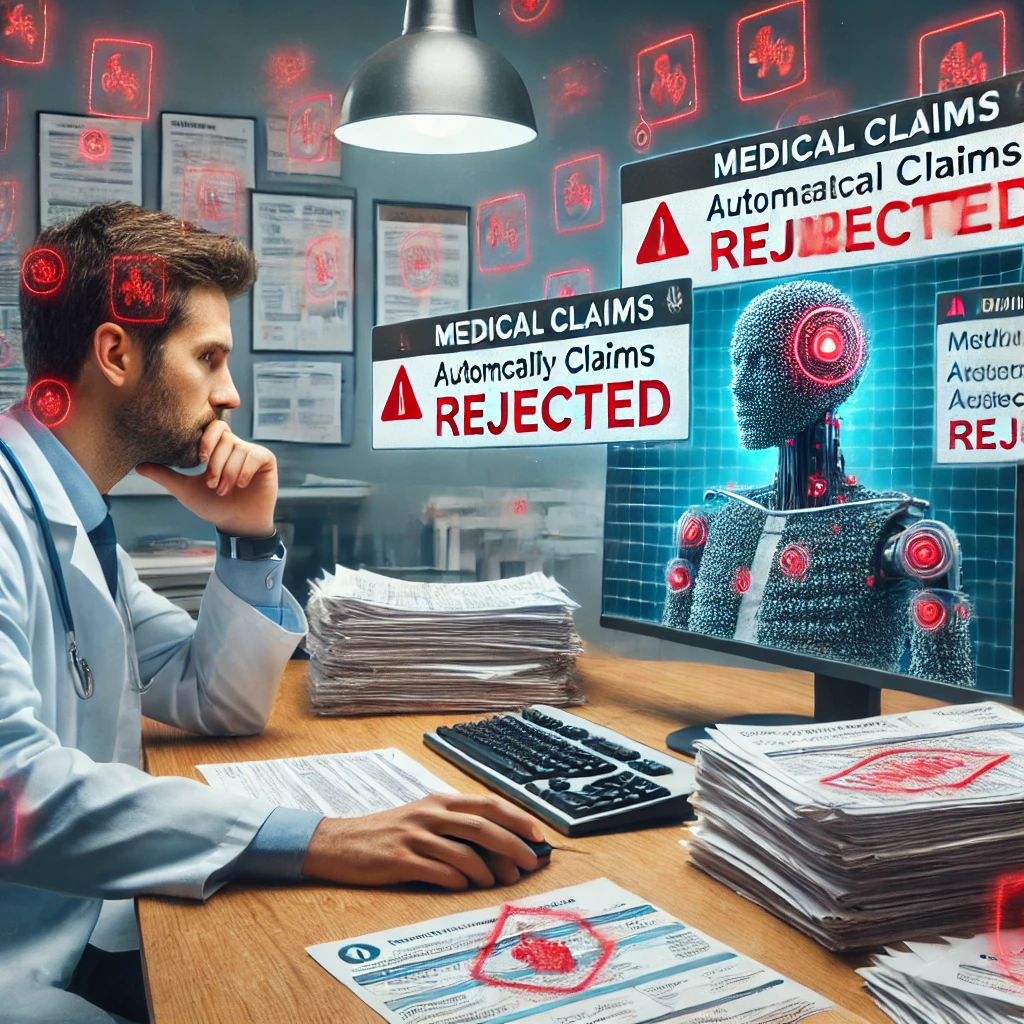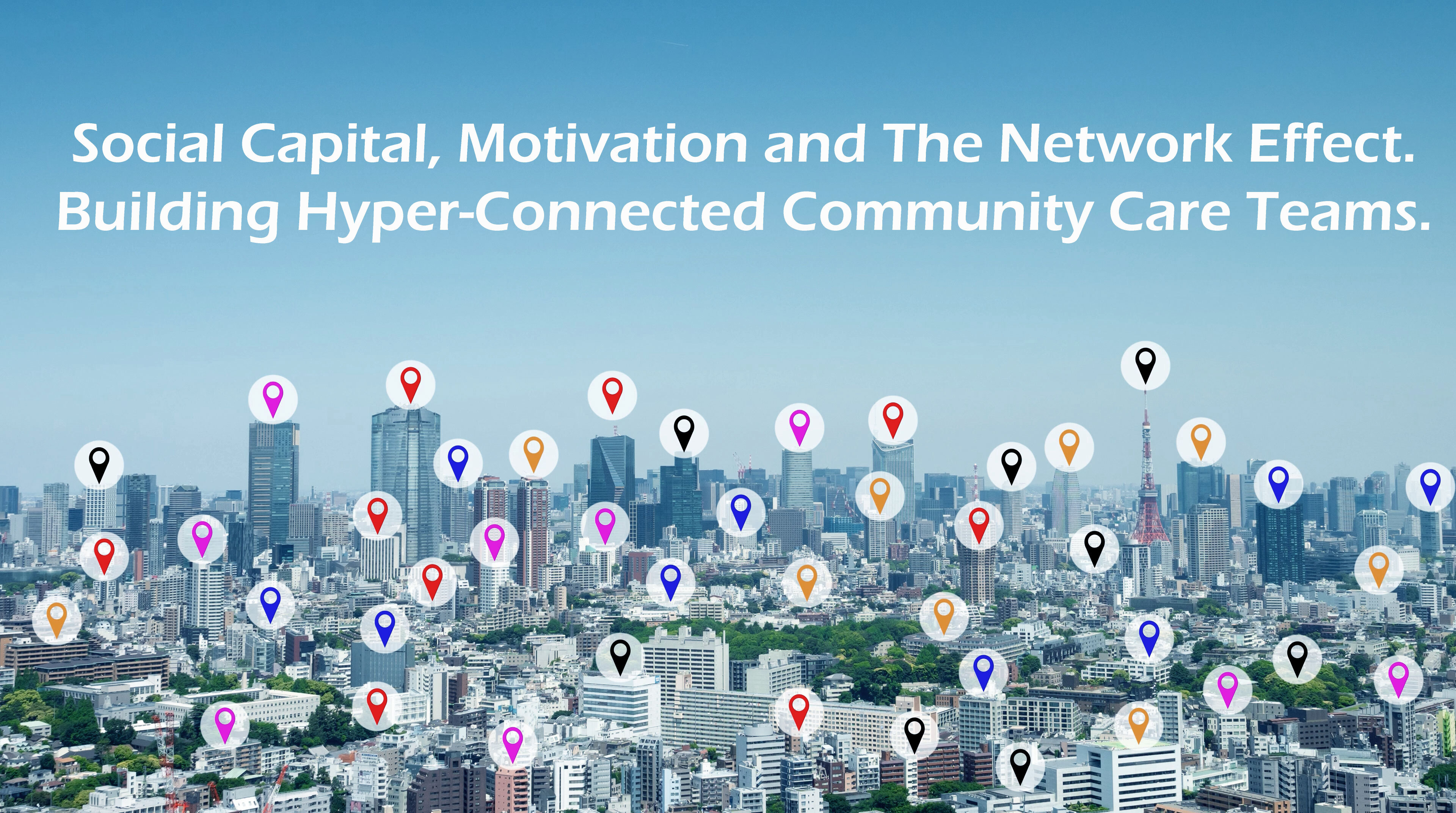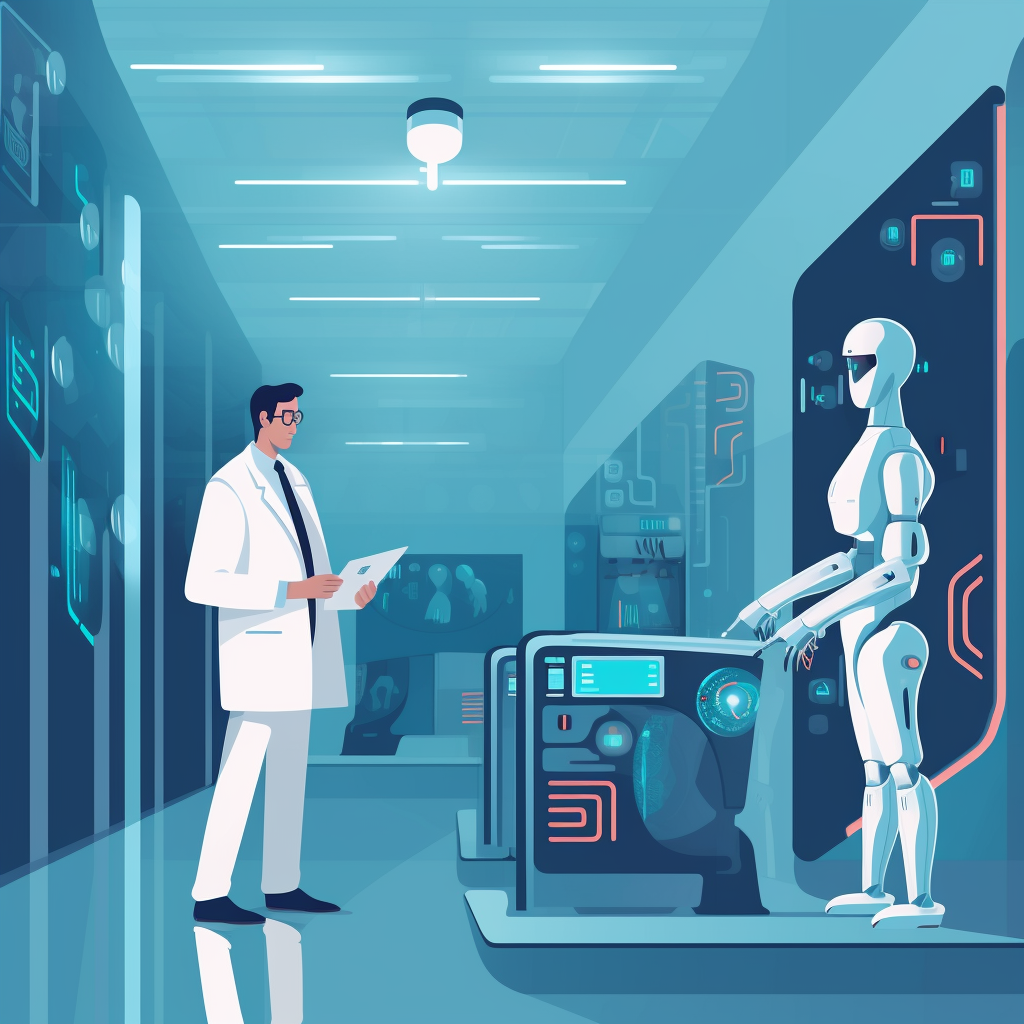Published Date:
Feb 28, 2023
Augmented Intelligence
Machine Learning
9 most important integrations are ahead for Augmented Intelligence. Here’s the list.
The article lists nine important integrations that are expected to shape the future of Augmented Intelligence (AI), including natural language processing, computer vision, machine learning, and robotics. These integrations have the potential to revolutionize various industries and enhance the capabilities of AI-powered systems.
Augmented intelligence, also known as artificial intelligence (AI) augmentation, is the use of AI to enhance and augment human capabilities, rather than replacing them. It has the potential to transform a wide range of industries and applications, including health applications and especially chronic applications like mental health and substance use.
YOUUniverse has been hard at work for over 3 years to build the power of an ethical AI into everything we offer. We invest over 5 million hours annually where 2,500 persons train our model to be smart. Very smart.
While there are countless important integrations of AI into health community uses, here are nine of the most important:
- Diagnosis and treatment planning: Augmented intelligence can be used to assist mental health professionals in diagnosing and treating patients, as well as to develop personalized treatment plans based on patient data and characteristics.
- Predictive analytics: Augmented intelligence can be used to analyze patient data and identify patterns or trends that may be relevant to treatment. This can help mental health professionals identify and intervene with patients who may be at risk of worsening symptoms or relapses.
- Symptom tracking: Augmented intelligence can be used to assist patients in tracking and managing their symptoms, as well as to provide alerts and recommendations for care.
- Virtual therapy: Augmented intelligence can be used to deliver virtual therapy sessions and other mental health support, allowing patients to access care remotely or when in-person therapy is not possible.
- Medication management: Augmented intelligence can be used to assist patients in managing their medication regimens, including reminders and alerts for refills and dosage changes.
- Substance use monitoring: Augmented intelligence can be used to assist individuals in recovery from substance use disorders in tracking and managing their progress, as well as to provide alerts and recommendations for care.
- Social support: Augmented intelligence can be used to connect individuals with mental health and substance use disorders with social support networks and peer groups, helping them feel less isolated and more supported.
- Care coordination: Augmented intelligence can be used to assist mental health and substance use providers in coordinating care and communication with other providers, such as primary care doctors or specialists.
- Research and development: Augmented intelligence can be used to analyze and interpret data from mental health and substance use research, as well as to assist in the development of new treatments and interventions.
Overall, these are just a few of the many important integrations for augmented intelligence in the fields of mental health and substance use. As this technology continues to develop and mature, it is likely to have a transformative impact on the delivery of care and support for individuals with mental health and substance use disorders.
Other Blogs
The Plan No One Sees Coming—But Soon Will
Exclusive
Mental Health
Addiction
Drugs

Ant Pheromone Study May Improve Mental Health Outcomes
Exclusive
Mental Health
Addiction
Drugs
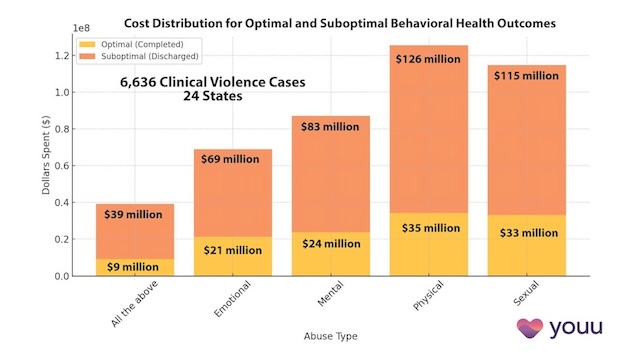
Interrupting Violence Should Be Irresistibly Investable
Exclusive
Mental Health
Addiction
Drugs
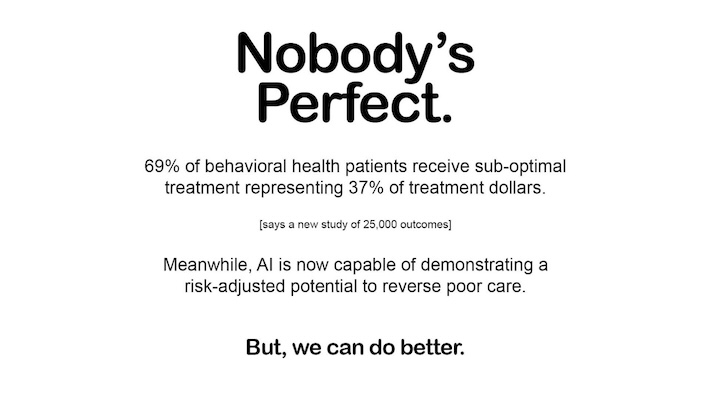
69% of Behavioral Health Patients Receive Sub-Optimal Care According to a New Analysis
Exclusive
Mental Health
Addiction
Drugs
Other Blogs
Have Questions? Lets Meet
Select a time you like to meet with us
